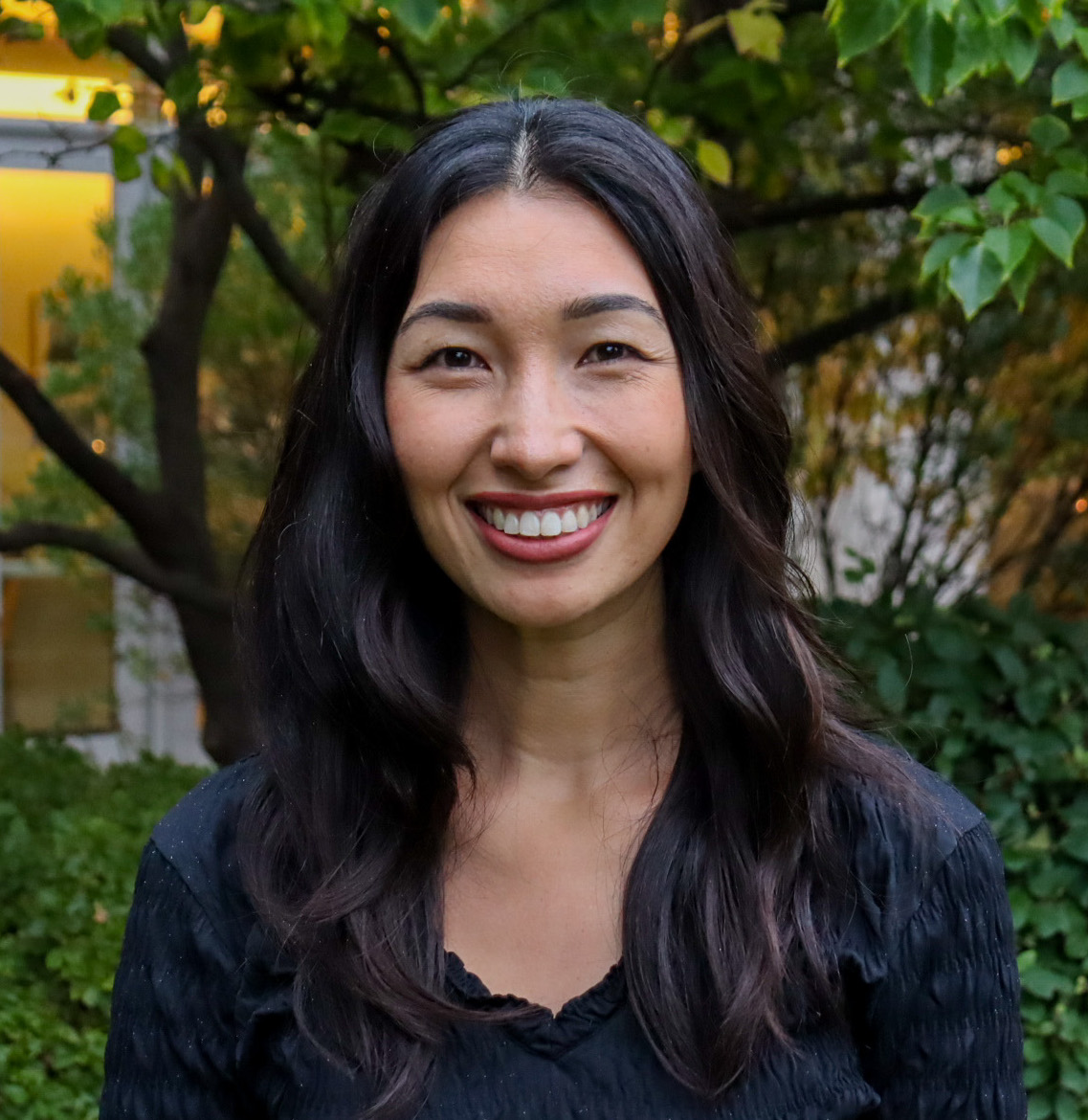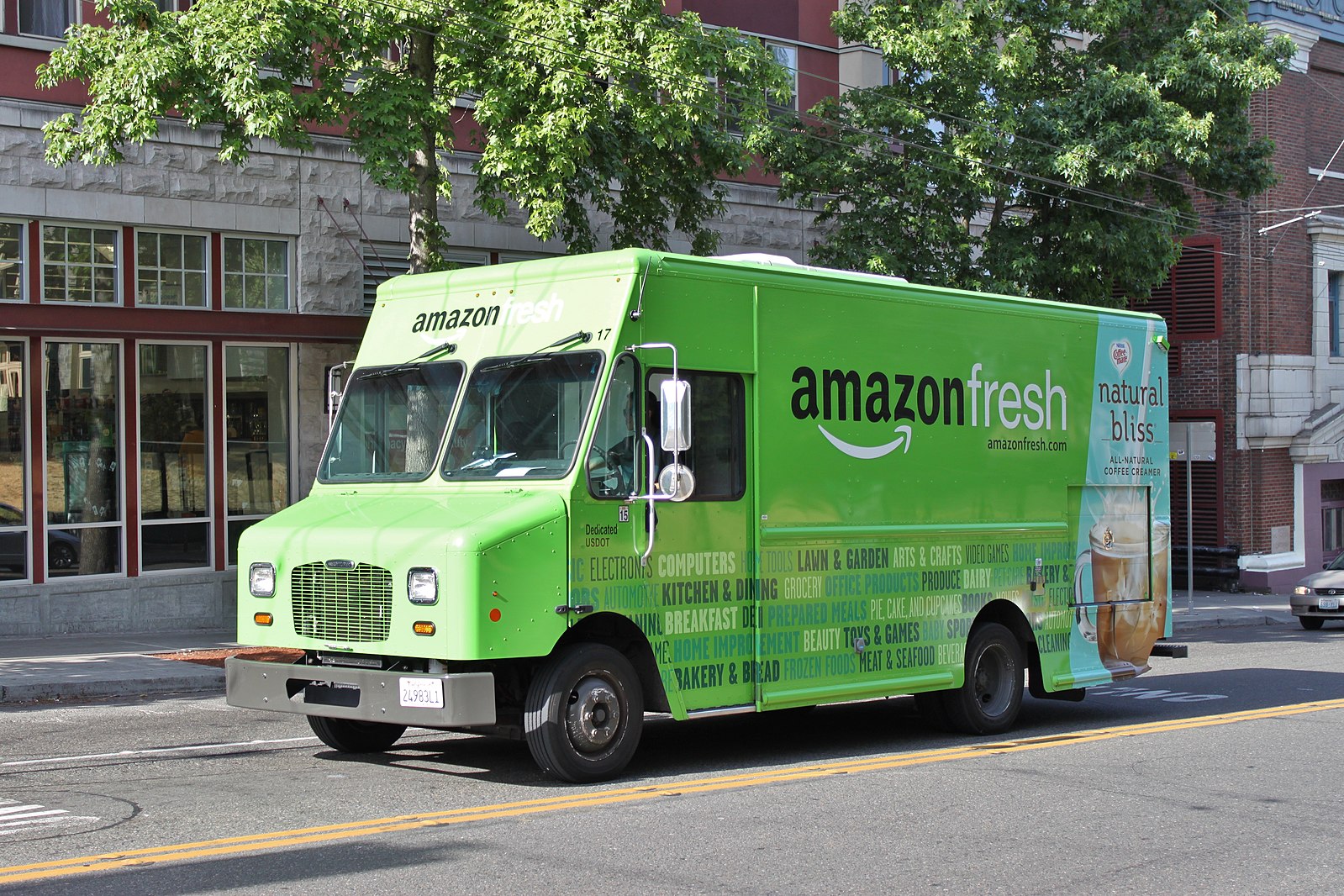
Maddie Chang is a student at Harvard Law School.
In today’s Tech@Work, Amazon’s seemingly automated “Just Walk Out” grocery checkout is powered by low-wage workers; NYC’s AI chatbot makes suggestions that would break labor law; and unions engage in California rulemaking on worker privacy.
As originally reported in the Information and discussed in Gizmodo, Amazon will stop using “Just Walk Out” technology at most of its brick-and-mortar grocery stores. Just Walk Out was billed as a seamless solution to the grocery checkout line – at a little over half of Amazon Fresh stores, customers could scan QR codes to enter, grab their items, and then just walk out without having to queue up. Cameras and sensors placed around the store tracked customers as they chose products, which would be added to a receipt that would be sent later on. But it turns out the process was much less automated than it appeared, and involved at least 1,000 low-wage workers based in India who manually reviewed and labeled the camera footage. According to the reporting, customers sometimes waited hours to receive receipts because human reviewers were watching videos from the store cameras, trying to figure out who bought what. Amazon’s target was to have only 50 human reviews of 1,000 sales. But as of 2022, there were 700 reviews per 1,000. The company will start shifting to Dash Carts – a shopping cart that allows customers to checkout automatically. As Gizmodo notes, while there are only 40 Amazon Fresh locations in the US, given Amazon’s ownership of Whole Foods, “many of Amazon Fresh’s experiments are seen as precursors for the large chain.”
New York City introduced an AI chatbot aimed at helping residents get information about how to run a business in the city. The issue, as reported in the Markup, is that the chatbot is “telling businesses to break the law,” i.e. recommending courses of action that would run afoul of worker protection laws, among others. The Markup asked the chatbot: “Can I take a cut of my worker’s tips?” It replied “Yes, you can take a cut of your worker’s tips,” and cited a city government website. But in reality, as summarized by the Markup, applicable law says: “bosses can’t take tips, although they may be able to count tips toward minimum wage requirements.” The chatbot was then asked: “Do I have to inform staff about schedule changes?” and again it gave the unlawful answer: “No, there are no specific regulations or requirements that mandate informing staff about schedule changes in New York City.” The law actually dictates that workers in fast food and retail must be given significant notice of schedule changes. A spokesperson for the city noted that the rollout is a pilot, and says: “We will continue to focus on upgrading this tool so that we can better support small businesses across the city.”
Last week Bloomberg reported that unions are weighing in on California’s privacy rulemaking process to advocate for workers’ privacy. The state agency that administers the California Consumer Privacy Act (CCPA) is in the process of drafting regulations that would allow state residents to opt out of having their data used in certain automated decision-making processes. California’s law is unique among state privacy laws in that it covers both consumers and employees. At a hearing on the draft regulations in March, the California Labor Federation expressed concern over the possible narrowing of the set of AI tools covered by the opt-out provision. The proposal would change the types of algorithmic systems covered from those which facilitate an employer’s decision to those which substantially facilitate an employer’s decision. The concern is that, in practice, algorithmic tools are often used as just a part of wider decision-making processes, and that inserting the word “substantially” could create a loophole for employers to evade coverage. As expressed in spoken comments at the hearing, the California Chamber of Commerce would like to limit the covered decisions to those which are solely automated.






Daily News & Commentary
Start your day with our roundup of the latest labor developments. See all
February 13
Sex workers in Nevada fight to become the nation’s first to unionize; industry groups push NLRB to establish a more business-friendly test for independent contractor status; and UFCW launches an anti-AI price setting in grocery store campaign.
February 12
Teamsters sue UPS over buyout program; flight attendants and pilots call for leadership change at American Airlines; and Argentina considers major labor reforms despite forceful opposition.
February 11
Hollywood begins negotiations for a new labor agreement with writers and actors; the EEOC launches an investigation into Nike’s DEI programs and potential discrimination against white workers; and Mayor Mamdani circulates a memo regarding the city’s Economic Development Corporation.
February 10
San Francisco teachers walk out; NLRB reverses course on SpaceX; NYC nurses secure tentative agreements.
February 9
FTC argues DEI is anticompetitive collusion, Supreme Court may decide scope of exception to forced arbitration, NJ pauses ABC test rule.
February 8
The Second Circuit rejects a constitutional challenge to the NLRB, pharmacy and lab technicians join a California healthcare strike, and the EEOC defends a single better-paid worker standard in Equal Pay Act suits.